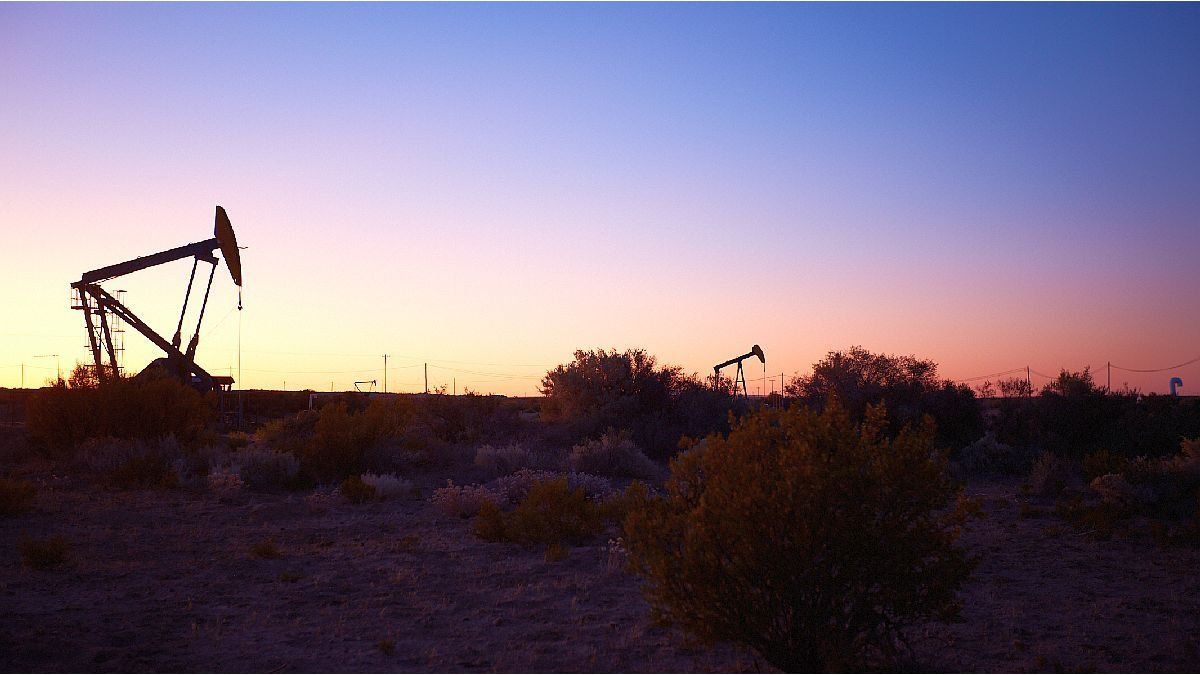Oil prices rose this Friday to their highest in more than seven months and broke a two-week losing streak, driven by the supply reduction expectations.
Markets widely expect Saudi Arabia to extend the voluntary production cut of 1 million barrels per day (bpd) until October.thus prolonging the supply reduction designed by the Organization of the Petroleum Exporting Countries (OPEC) and its allies, collectively known as OPEC+, to support prices.
Russia, the world’s second largest oil exporter, has already agreed with its OPEC+ partners to cut crude exports next month, Deputy Prime Minister Alexander Novak said on Thursday.
Brent crude rose $1.72, or 2%, to $88.55 a barrel. Earlier it traded at $88.75, its highest since January 27, while US West Texas Intermediate (WTI) crude gained $1.92, or 2.3%, to $85.55, after reaching $85.51, its highest level since January 16.
Brent has rallied close to 4.8% this week, the biggest weekly gain since late July. WTI has advanced 7.2% in the period, its steepest weekly advance since March.
“There is an understanding that the economy is not falling off the map, and there are signs that demand is near record levels,” said Phil Flynn, an analyst at Price Futures Group. “People have to face the cold, hard reality that supplies are below average.”
Appetite for oil in the United States has remained strong, with commercial inventories falling in five of the past six weeks, according to surveys by the US Energy Information Administration.
Meanwhile, expectations of a recovery in demand are growing elsewhere.
The slowdown in the euro zone manufacturing sector eased last month, suggesting the worst may be over for factories in the bloc, while an unexpected rebound in China offered some hope to export-dependent economies, surveys show. private.
OPEC and the International Energy Agency trust that China, the world’s largest crude oil importer, will shore up demand for the rest of 2023, but the slow recovery of its economy has investors worried.
The rest of this year promises to bring supply shortages, partly due to reasonably healthy global consumption and partly to Saudi determination to provide a high floor price, said Tamas Varga of oil broker PVM.
“Unless the Chinese economy experiences a safe recovery next year, sentiment will deteriorate markedly,” he added.
Source: Ambito
I am a 24-year-old writer and journalist who has been working in the news industry for the past two years. I write primarily about market news, so if you’re looking for insights into what’s going on in the stock market or economic indicators, you’ve come to the right place. I also dabble in writing articles on lifestyle trends and pop culture news.




